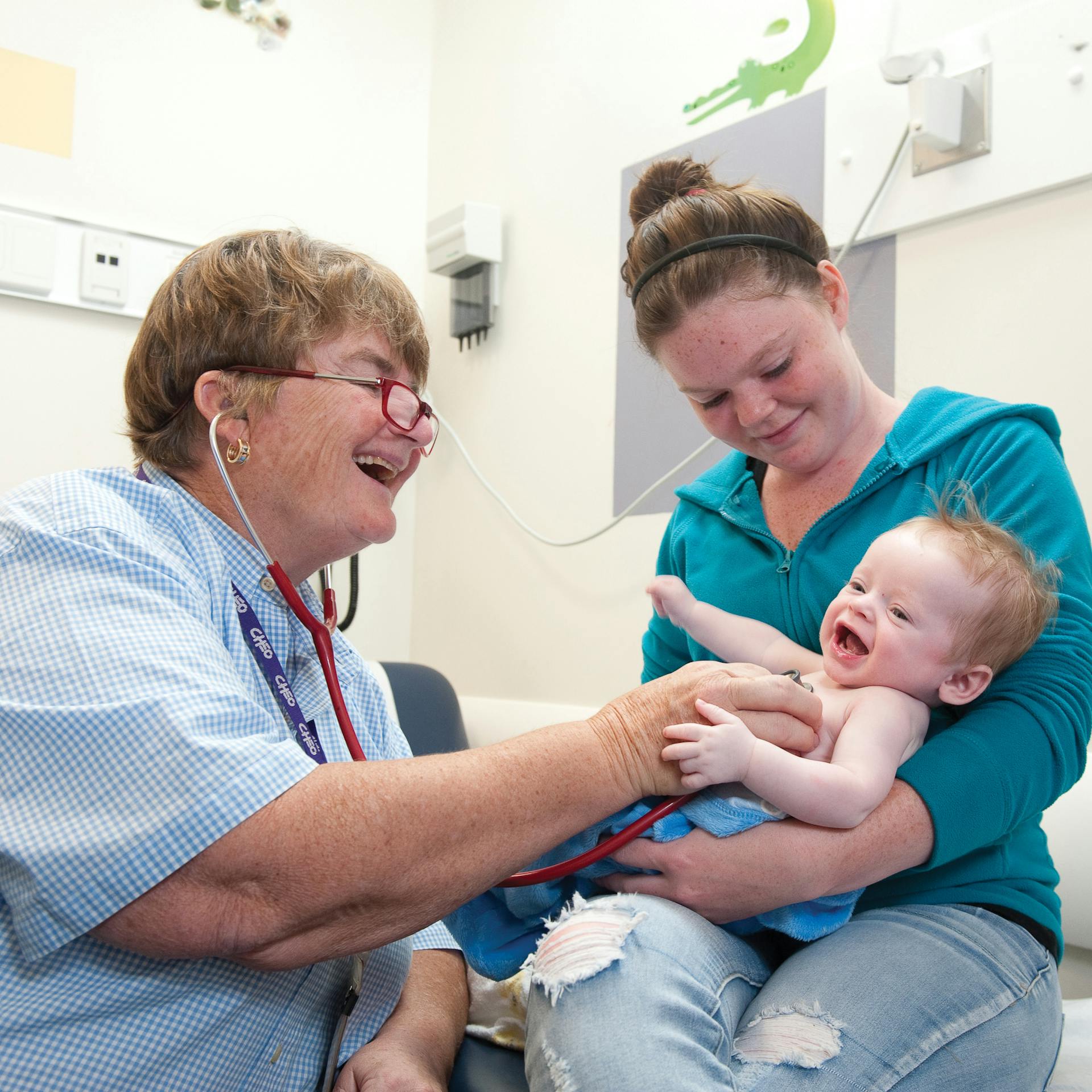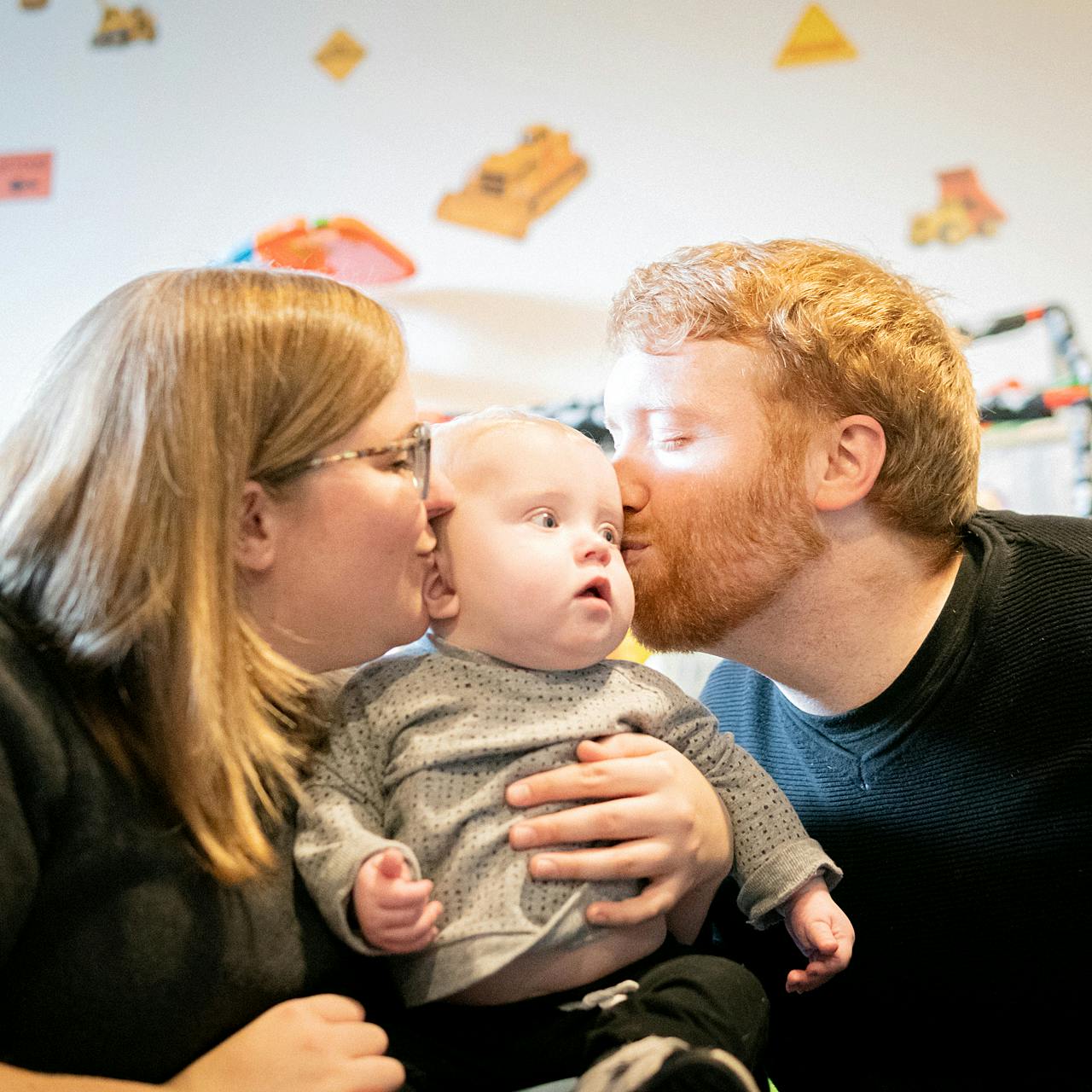We’re changing the cystic fibrosis story.
Every member of our community has a powerful part to play in helping Canadians with cystic fibrosis live without limits.



Helping Canadians with CF live W/O Limits
We believe that no one who lives with cystic fibrosis should be left behind. As the national charity dedicated to improving the health and well-being of Canadians living with CF, we mobilize our community to address priority issues, advocate for improved access to medicine and resources, and fund targeted Canadian research that builds on our understanding of this rare disease to lessen its burden and, finally, find a cure.

How you can create change
There are lots of ways to support Canadians living with cystic fibrosis, and a little help goes a long way.
Donate to drive our life-changing work
Whether you chose to make a single or monthly donation, or arrange a planned gift, the simple act of giving creates positive, lasting change for the cystic fibrosis community.
Register for, host or support a fundraiser
There’s always something going on in our community – and you’re invited! Be our guest at a local or national event, or host your own fun fundraiser in support of Cystic Fibrosis Canada.
Volunteer to fit your schedule
We couldn’t have come as far as we have without our valued volunteers. There are as many reasons to volunteer with CF Canada as there are opportunities to do so.
CF Canada events are awesome!

Walk To Make Cystic Fibrosis History
The Walk To Make Cystic Fibrosis History is CF Canada’s largest fundraising event taking place from coast-coast in local communities. Our 21st year of the Walk brings us together with one goal – fundraising to make an impact on the cystic fibrosis landscape and ensuring that no one is left behind.
New to Cystic Fibrosis Canada?
Welcome! Our community is a vibrant and supportive place to be, whether you live with cystic fibrosis, support someone who does, or you want to help change the CF story.
My child has been diagnosed
A new cystic fibrosis diagnosis can bring uncertainty and fear but there’s hope. Canadians with CF are living longer than ever before. Find the information and support you need.
Learn More
I am an adult living with CF
The world of cystic fibrosis is changing all the time. We’ve compiled the latest information on treatment and care, research and advocacy to help you in your CF journey.
Learn More
I want to learn about genetic testing
In most Canadian provinces and territories genetic testing is covered if the test is ordered by a physician and testing is indicated.
Learn more
I am a researcher interested in CF
We’ve funded cystic fibrosis research and inspired research careers for six decades. We invite new CF researchers to review our work and opportunities for funding.
For Researchers
Stories from our community
We talk a lot about community because we are one. Which means there are people close by who know what you may be going through and who can support you. Just as you can do for others. BTW, every photo on this site is of a community member who has shared their story with us, for which we are grateful.

I walk for my son and my sister
Bethany’s son Zachary was diagnosed with CF as a newborn. With support from family and IWK Health, they remain hopeful. Join The Walk to Make Cystic Fibrosis History.
Apr 2, 2025
A Lasting Legacy: Transforming the Future for Generations to Come
Cystic Fibrosis Canada is deeply grateful for the generosity of Erik and Birthe Andersen, whose dedication to the cystic fibrosis (CF) community spanned decades.
Apr 1, 2025
James’s story: Candid thoughts on mental health resources
James Fournier shares his story as a father of a young boy with cystic fibrosis and the need for mental health resources for families affected by the disease
Jan 31, 2025
Creating a future W/O Limits
Lina Bhardwaj shares her daughter Rianna's journey with cystic fibrosis, highlighting the need for $40,000 by October 14 to fund critical research for new treatments.
Sep 25, 2024
This year, we’re dreaming bigger
Thanks to our community, people with CF are living a decade longer. Help us raise $40,000 by October 14 for groundbreaking research to transform lives.
Sep 18, 2024The latest news
1 / 4
Looking for CF info and support? We’re here to help
The Cystic Fibrosis Canada Helpline answers your non-urgent health questions about cystic fibrosis and connects you with vital community and government resources. Contact us by email at helpline@cysticfibrosis.ca or by phone at 1-800-378-2233 to speak with a member of our staff during business hours, Eastern Time.
Contact Us